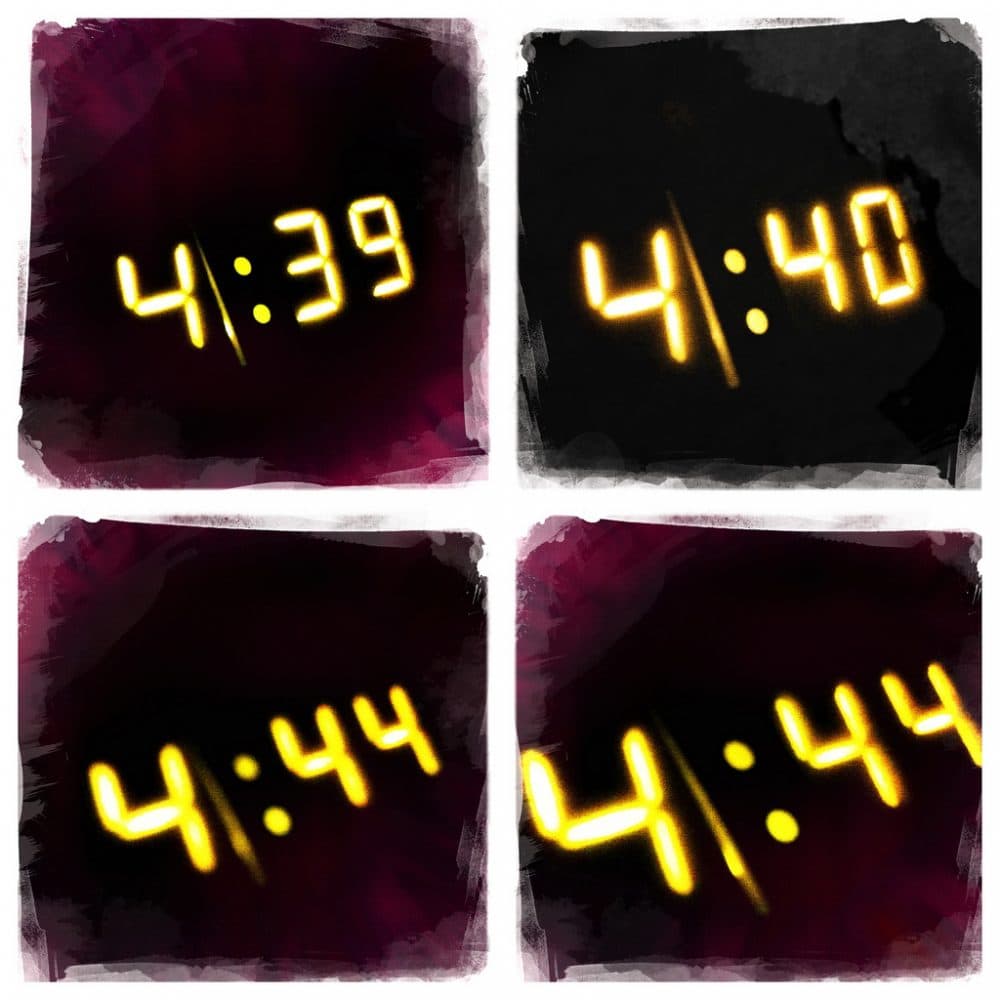Advertisement
Older People Fall Asleep Easily — They Just Can't Stay There, Study Finds

So I'm interested in all research that holds the promise of helping me get a good night's sleep; the prospect of which grows dimmer with each passing year. I can fall into slumber like a rock, but then every tiny sound — a snore, a neighborhood cat, a child's sigh — awakens me fully. Drugs sometimes help — sometimes not.
New research led by sleep specialist Elizabeth B. Klerman, MD, PhD, an associate physician in the Department of Medicine at Brigham and Women's Hospital, reflects my own experience and one common to many other aging adults (though I'm not as old as the older folks Klerman studied, who were between 60 and 76, but otherwise healthy and not taking sleep medications).
Klerman and her Brigham colleagues found that this older group was able to fall asleep just as easily as a younger study cohort that ranged in age from 21-30. But the older folks had far more trouble remaining asleep through the night. Indeed, said Klerman, who is also an associate professor at Harvard Medical School: "The older population was four times more likely to wake up throughout the night when compared to younger people.”
The sleep researchers figured this out using a statistical model known as "survival analysis" and applying it to existing sleep data; they compared changes in the so-called "hazard" of awakening and falling back to sleep in the different age groups. Evidently, sleep "survival" in the older group was far worse, according to this type of novel analysis, hence all those nighttime awakenings.
Here's a more detailed description from the study, published online in the journal Neurobiology of Aging:
As every sleep episode (i.e., time in bed) includes multiple transitions between wakefulness and sleep (which can be subdivided into rapid eye movement [REM] sleep and non-REM [NREM] sleep), we applied survival analysis to sleep data to determine whether changes in the “hazard” (duration-dependent probability) of awakening from sleep and/or returning to sleep underlie age-related sleep disturbances. The hazard of awakening from sleep—specifically NREM sleep—was much greater in older than in young adults.
The findings may be useful in the development of more targeted medications or other interventions to help older people get a decent, more continuous night's sleep, Klerman said. "They don't need a medication to help them fall asleep; they need something that helps them stay asleep," she said.
Frankly, I'm even more interested in the "why" of this problem, which wasn't addressed in this study. Why, when I'm bone tired and every cell in my body craves sleep, do I bolt upright at 4 am if my husband as much as turns over?
Klerman says this is an area of "active investigation." She offers a few theories.
1. It's possible that older people don't need as much sleep. (This may be, but it certainly isn't true for me, nor the other zombie-like moms I encounter who suffer from varying degrees of fragmented sleep.)
2. Something in the brain is interfering with older peoples' ability to get the sleep they need. Aha. This sounds promising.
Klerman describes Theory #2 this way:
Suppose you have skylights in your bedroom, or let's say the garbage truck comes to your street at 4 am. If you're 16, one part of you brain might be telling you to rise with the morning light or the outside noise, but a stronger, more powerful part of you brain might be saying, no, remain comatose, stay in that warm bed until noon. When we age, something about the dynamic of those brain signals may shift. In older people, the relative force of the message to remain asleep may become weaker — either because the signal to wake up is truly stronger or the signal to remain sleeping has actually weakened and diminished. It could be either-- or both — dynamics at play. In any case, it's just another indignity of aging that there's the equivalent of a 16-year-old inside your brain aching, yearning for another half-hour of beautiful, blissful sleep, but your old body will have none of it.
Perhaps a related study might deal with the aging male version of this problem: does having to pee wake the guy up, or does the guy wake up and then decide he has to pee?
This program aired on July 3, 2012. The audio for this program is not available.
